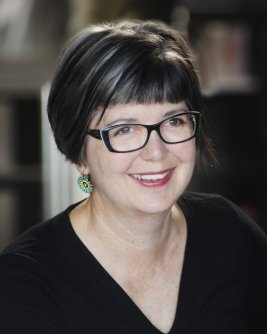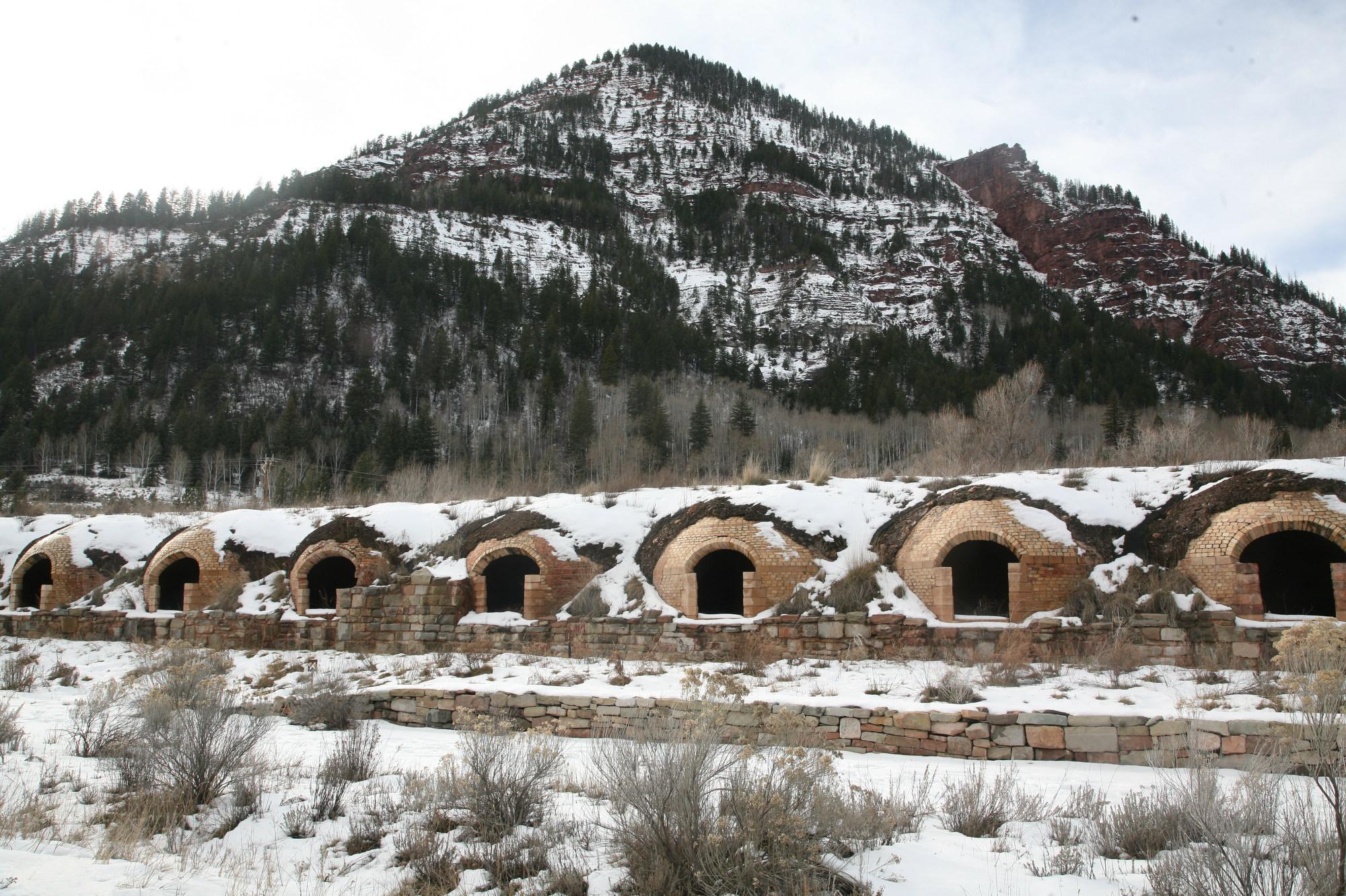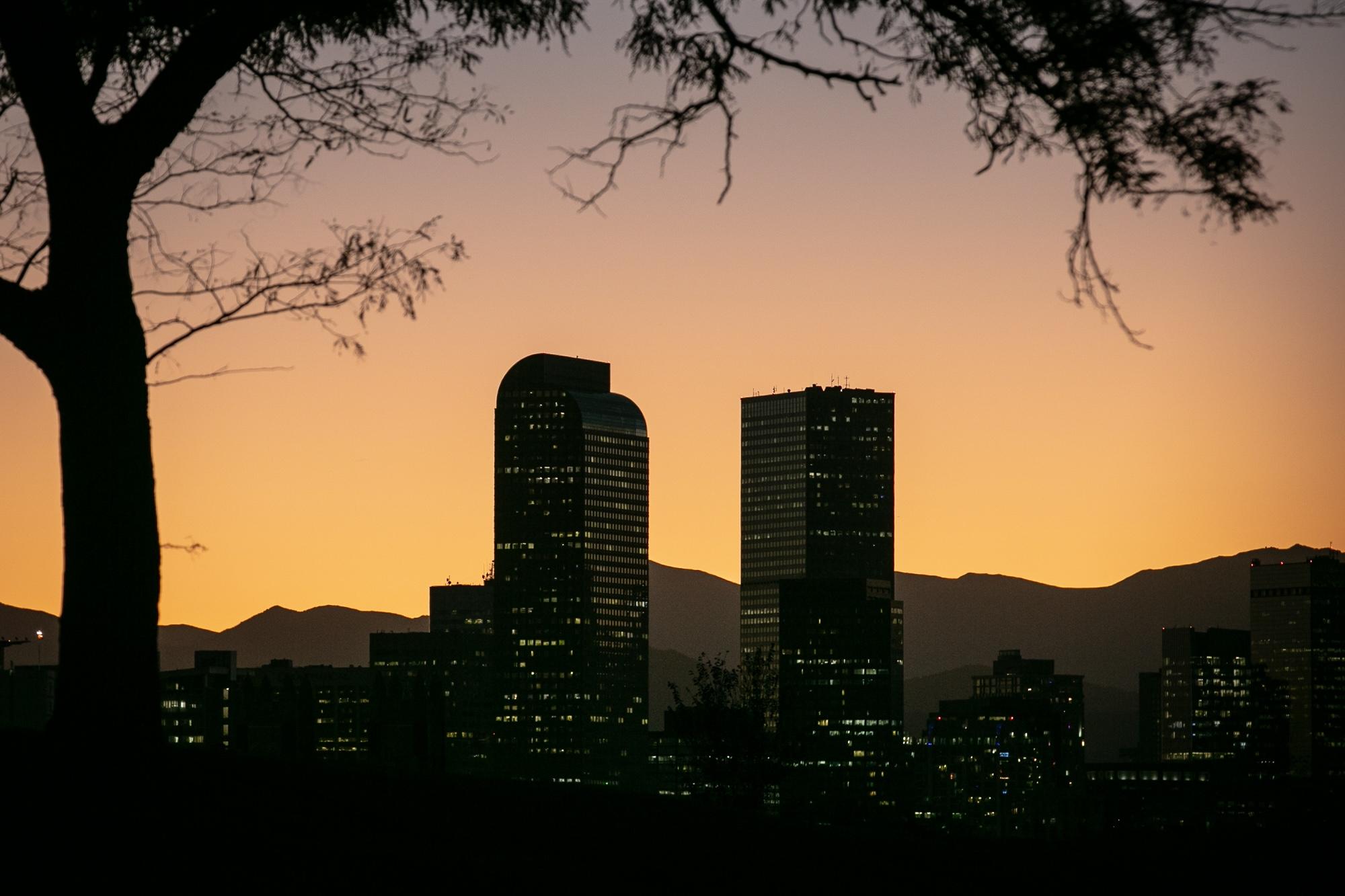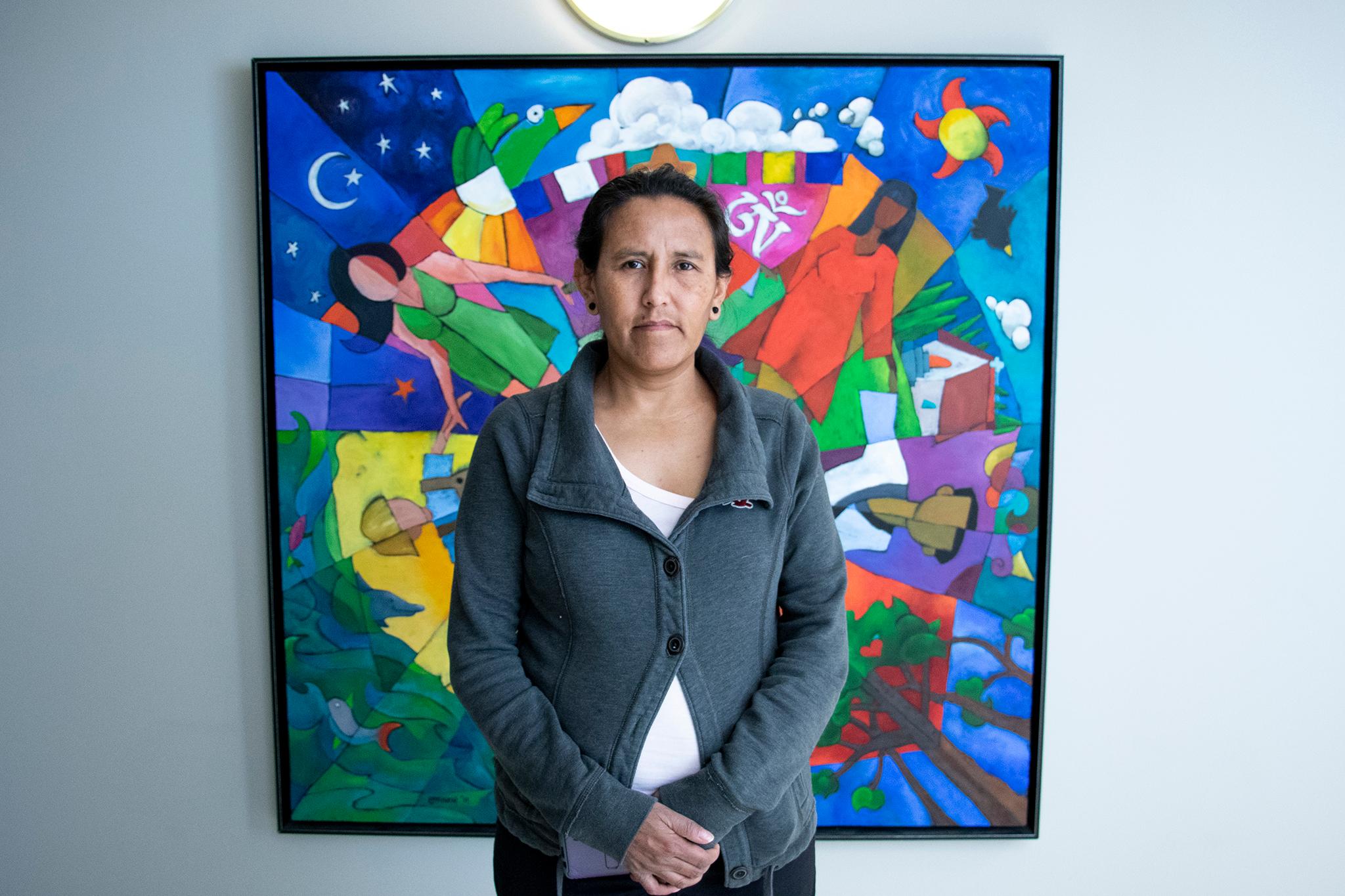Before the attacks of 9/11, John Sweet spent a lot of his time talkingabout war. As a history professor in Colorado Springs, that was about asclose as he got to combat. But after 9/11, all of that changed. At theage of 35, Sweet decided to enlist in the Army, and headed for basictraining at Fort Benning, Georgia. He did two tours of duty in Iraq andeventually rose to captain. As part of our look at Coloradans whoselives were changed by 9/11, Ryan Warner asked Capt. Sweet about hisdecision to enlist.
Why do we mark the anniversaries of tragedies? Two experts on this topicjoin us. Stewart Hoover directs CU Boulder’s Center for Media, Religionand Culture. He wrote about memorializing 9/11 in a book called"Religion in the Media Age." Also with us: Barbie Zelizer. She’s aprofessor of communication at the University of Pennsylvania. Shestudies times of crisis and how we remember those times. Her newest bookis “About to Die: How News Images Move the Public.” Hoover and Zelizerspeak to Ryan Warner.
Through our Public Insight Network, we've been asking how 9/11 affectedyou, then and now. Lee Hill is Colorado Public Radio's Public InsightAnalyst and Reporter. He joins host Ryan Warner to share some of yourstories, including memories of where you were on that Tuesday morning in2001, how you reacted to news of the attacks and how your life haschanged in a post-9/11 world.
Documentary: From the Ground Up
Telluride filmmakers George and Beth Gage were interested inhow the families of firefighters who died that day were faring. Their documentary follows five 9/11 widows, many of whomare rebuilding their lives through charity and volunteer efforts.
Telling War Stories Helps Veterans
Dave Roever came close to death when he was wounded in the Vietnam War.His injuries included burns that left him permanently disfigured. Whenhe returned from Vietnam, he was told to stay home, so that he wouldn’tembarrass himself in public. Roever ignored that advice and startedtelling his story as a motivational speaker. After the 9/11 terroristattacks, he decided he wanted to help veterans wounded in Iraq andAfghanistan tell their stories and work through their trauma. OnSeptember 11, 2007 he opened a permanent home for this work calledEagles Summit Ranch. It’s in Westcliffe, about three hours southwest ofDenver. Ryan Warner speaks with Dave Roever.
Firefighters Climb to Honor the Fallen
On Sunday, 343 firefighters will climb the stairs of a downtown Denverhigh rise, honoring the firefighters who died in New York City 10 yearsago. They’ll march the equivalent of 110 stories -- the height of theWorld Trade Center towers. Denver’s 9/11 Memorial Stair Climb startedsix years ago with a handful of local firefighters and the idea hascaught on. This year 16,000 firefighters, and civilians, will climbworldwide. Ryan Warner speaks with one of the Denver climb's organizers,Oren Bersagel-Briese. The downtown stair climb is limited to 343firefighters but there's a climb for the public at Red RocksAmpitheatre. Click here for more information on the Red Rocks climb.
On 9/11, all over Colorado,classroom teachers scrambled for how to react to the day’s horrifyingevents. In fact, they’re still trying to figure it out today. For onestudent, just watching how his veteran teacher responded that day wouldhave a lasting impact on his own future. Here’s the transcript of CPReducation reporter Jenny Brundin’s story.
Architect Curt Fentress has designed and remodeled airports all over theworld. His first was Denver International Airport, which opened in1995. Six years later, the attacks of September 11th, 2001 brought alot of changes to DIA, and to the projects Fentress has worked on sincethen. In a visit to DIA, he talks with CPR's Mike Lamp about the newsecurity measures he has to plan for, and about keeping passengerscomfortable in an era when flying is a lot more stressfull than before. The interview is part of Colorado Matters, and CPR's week-long look atColoradans who were affected by 9/11 and how they're remembering it tenyears later.
On September 11th, 2001, Sahar Babak was a senior at Rocky Mountain HighSchool in Fort Collins. Before the terrorist attacks, no one reallypaid attention to her religion. But that quickly changed. Sahar was oneof many Muslim-Americans in Fort Collins who helped sociologist LoriPeek with her book “Behind the Backlash: Muslim Americans After 9/11”.Peek teaches at Colorado State University. Both Peek and Babak spoke toRyan Warner.
As we approach the 10th Anniversary of September 11th, 2001, we’re goingto talk with Coloradans whose lives were changed by 9/11. We begin witha discussion of faith. Right after the attacks, Muslims in this countrybecame scapegoats. Almost immediately, there were efforts to get peopleof different religions talking, through interfaith projects. Our guestshave all been involved in that in the decade since. Rabbi StephenBooth-Nadav, Imam Ibrahim Kazerooni, and Father Peter Eaton, who’sEpiscopalian, talk about their interfaith work with Ryan Warner. FatherEaton, who, today, is at St. John’s Cathedral in Denver, read to usfrom the sermon he gave the Sunday after 9/11. At the time, he asked“how should people of faith respond to terrorism?”
[Photo: Department of Defense]









